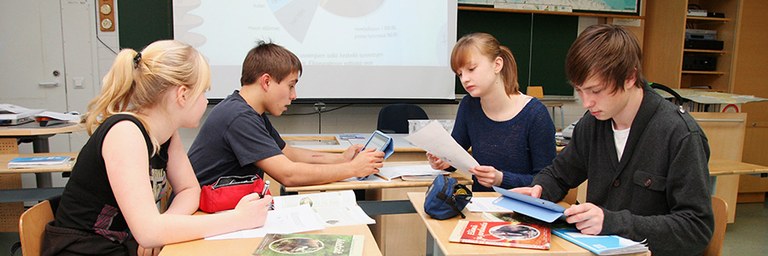Educational systems and society

- How is our educational system functioning?
- How does it look like in international comparison?
- How do the changes and reform of Finnish society affect the structures and functioning of the education system?
New possibilities and contexts for learning challenge traditional educational institutions to change. At the same time, the qualifications and degrees provided by education have maintained and even strengthened their position in the education and labour market.
In this domain, research focuses on assessing and analysing educational outcomes and the distribution of them in the Finland. Additionally, various individual and societal factors related to educational outcomes are studied. Attention is paid especially to general and higher education and to their interconnections. Central research questions arise from problems related to educational equity as well as from the way the social, economic, structural and operational changes in society are reflected in educational system and also in relevant education policies.
In this domain, highlighted areas include international assessment studies, higher education research, and research of systems for lifelong guidance. Research topics include, for example:
- learning outcomes and the factors influencing them;
- new competence challenges due to societal changes;
- economic issues of education;
- the effects of globalisation (including immigration) on education;
- educational structures and processes and their changes;
- critical analyses of reforms in the education system;
- educational choices, transitions and student flows as well as the effects of education policy and steering system on these;
- the quality and development of guidance services for youth and adults as a multiadministrative entity combining education, labour and industrial policies;
- the relationships between higher education and society.
Research projects in this domain are carried out in cooperation with international partners engaged in comparative studies, universities, the School of Business and Economics at the University of Jyväskylä, and various other organisations in society. The resulting knowledge benefits decision-makers, the Finnish education system at its different levels, and also academic communities.